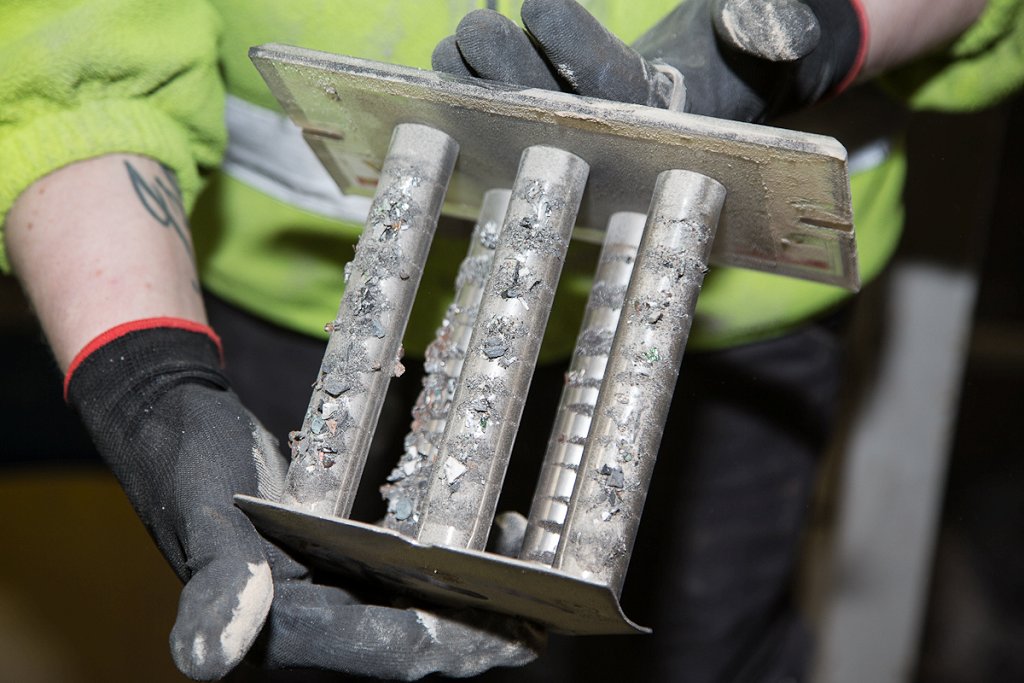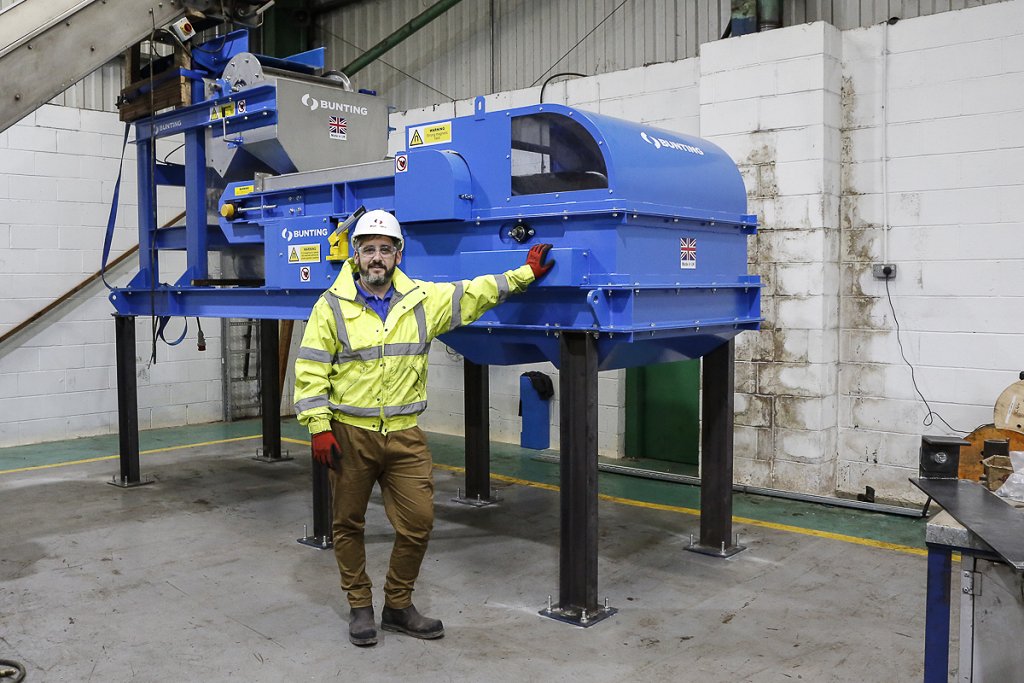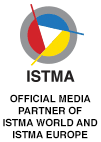Bunting at Plastics Recycling World Expo 2023
01.06.2023
The effective separation of ferrous and non-ferrous metal is a key stage in the successful recycling of plastic and plastic containers. On stand B929 at the Plastics Recycling World Expo Europe (14-15 June, Messe Essen, Germany), Bunting is displaying and discussing proven metal separation technology including FF Drawer Filter Magnets and Eddy Current Separators.
 Figure 1 - Ferrous metal in recycled plastic captured on Tube Magnets
Figure 1 - Ferrous metal in recycled plastic captured on Tube Magnets
Bunting is one of the world’s leading designers and manufacturers of magnetic separators, eddy current separators, metal detectors and electrostatic separators. The Bunting European manufacturing facilities are in Redditch, just outside Birmingham, and Berkhamsted, both in the United Kingdom.
The Plastics Recycling World Expo brings together professionals from across the plastics recycling industry for two days of networking, knowledge sharing, and innovation. The two-day program of technical presentations, seminars, and industry debates is supported by an exhibition showcasing technology developed by leading companies in the plastic recycling industry.
Secondary plastic, whether post-consumer or generated internally, commonly contains metal contamination. Such metal damages equipment such as granulators, extruders and injection moulding machines. Bunting has developed a wide range of equipment to detect and separate such metal and prevent costly wear and repairs.
Magnetic separators attract and separate ferrous metals, with a range of designs to suit specific installations and applications. The FF Drawer Filter Magnet is an industry standard for the plastics sector, featuring ultra-strong Neodymium Tube Magnets, mounted in a grid formation, to attract and securely hold even the smallest and weakest magnetic particles. These are easily installed above injection moulding machines and prior to granulators.
Drum Magnets and the HISC or SSSC Separators, also featuring ultra-strong Neodymium magnets, continually and automatically remove ferrous metal from shredded or granulated plastic waste. Such separators commonly operate in conjunction with Eddy Current Separators, which separate large and small non-ferrous metals such as aluminium. The Bunting range of Eddy Current Separators includes designs focused on separating small, millimetre-sized non-ferrous metals.
Whilst magnetic separators separate the bulk of metal contamination, metal detectors focus on finding and removing lower levels of smaller metal contamination. The quickTRON range of gravity free-fall metal detectors detect and separate metal present in granulated plastic, often directly after the FF Drawer Filter Magnet as seen in Metal Cleaning Systems. Pipeline Style Metal Separators (pTRON) detect and then reject any kind of metal from an enclosed pipe system.
 Figure 2 - Drum Magnet and Eddy Current Separator Module at HML Recycling
Figure 2 - Drum Magnet and Eddy Current Separator Module at HML Recycling
Recent projects include the installation of a Metal Separation Module (Drum Magnet and Eddy Current Separator) at HML Recycling (Accrington, UK) for a new line recycling perfume bottle tops. The shredded plastic tops are contaminated by ferrous and non-ferrous metal, which is separated on the module.
“The Plastics Recycling World Expo brings together all the leading plastics recyclers and equipment suppliers,” said Bradley Greenwood, Bunting’s European Sales Manager. “Discussing the metal contamination problems experienced by recyclers helps us understand the challenges and either propose or develop metal separation solutions.”
Photos: Bunting
For further information, please visit: www.bunting-redditch.com


































